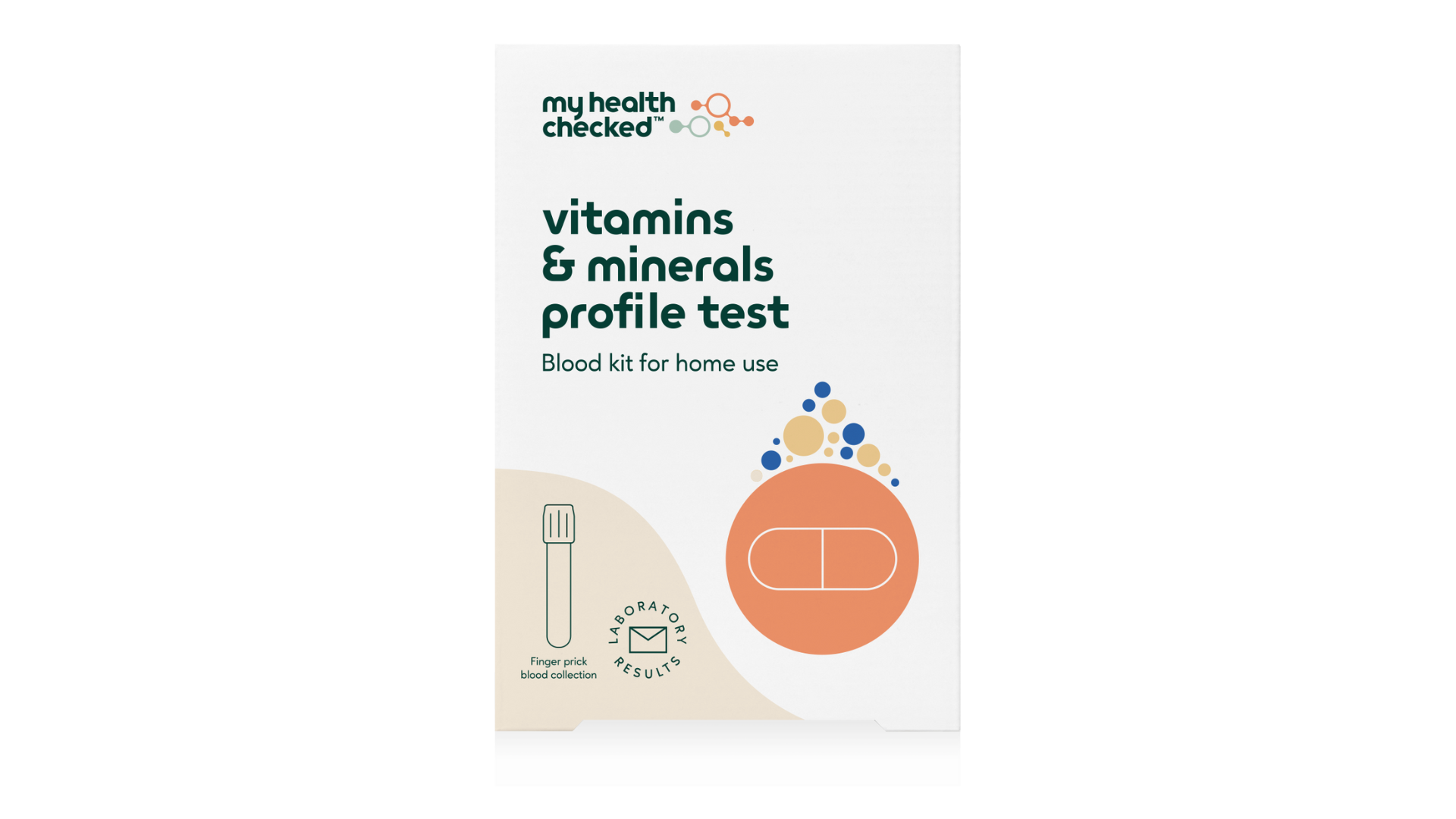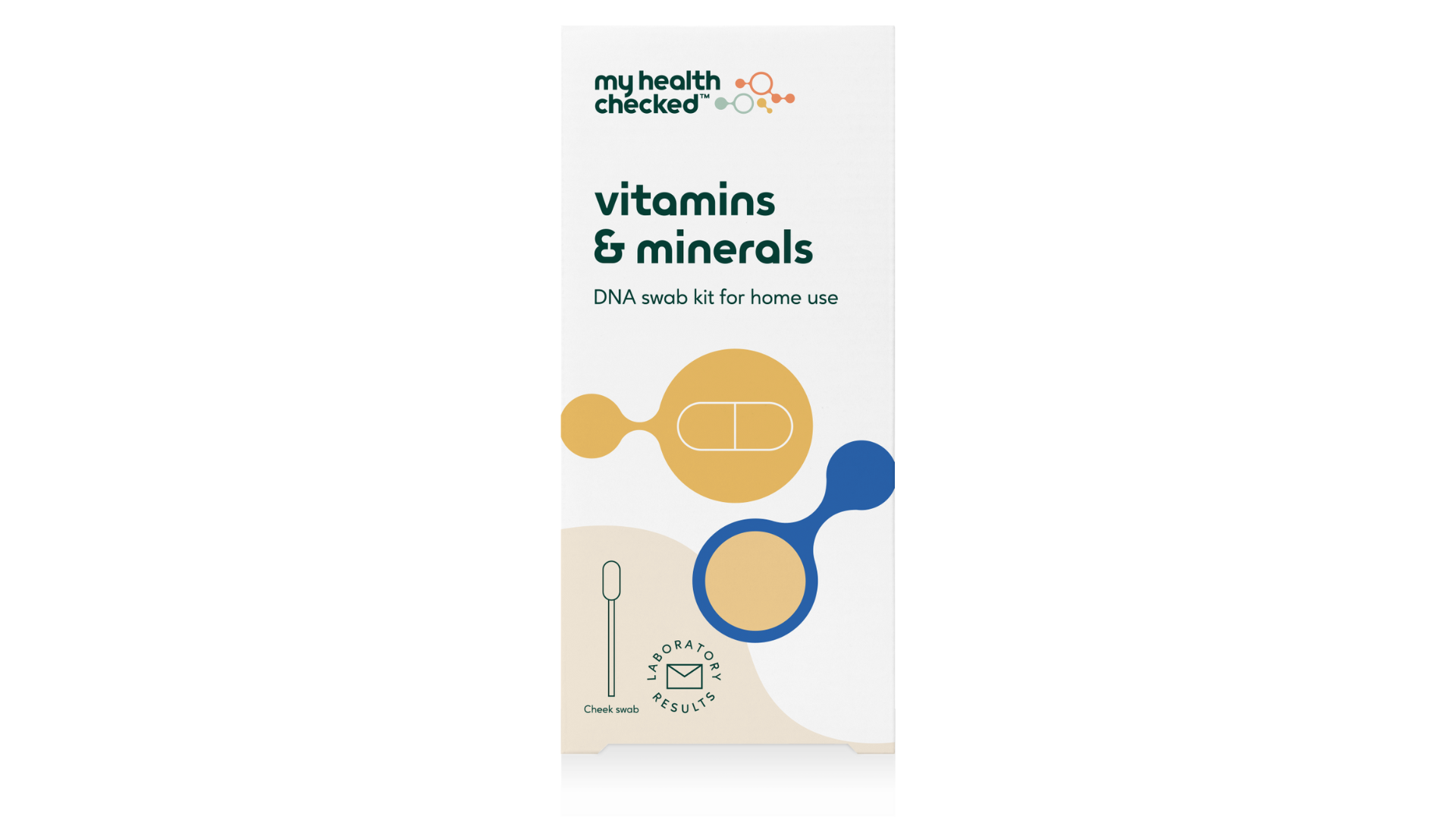Oral health and nutrition: signs of deficiency
The foundation: nutrients for oral health
Calcium and vitamin D: strong teeth and bones
Calcium is essential for building and maintaining strong teeth and bones, while vitamin D aids in calcium absorption. A deficiency in these nutrients can lead to weakened teeth and an increased risk of dental issues [1].
Vitamin C: gum health and immunity
Vitamin C is crucial for maintaining healthy gums and supporting the body's immune system. A deficiency can result in bleeding gums, a condition known as scurvy, and compromise the body's ability to fight infections [2].
Vitamin A: saliva production and tissue maintenance
Vitamin A plays a role in saliva production, which is vital for oral health. It also contributes to the maintenance of oral tissues. A deficiency may lead to dry mouth and an increased susceptibility to infections [3].
Vitamin B complex: oral tissue integrity
B vitamins, including B2 (riboflavin), B3 (niacin), and B12, are crucial for maintaining the integrity of oral tissues. Deficiencies can manifest as mouth sores, inflammation, and a heightened risk of oral infections [4].
Iron and vitamin B3: oral ulcers and inflammation
Iron and vitamin B3 deficiency may result in oral ulcers and inflammation. These symptoms can impact the tongue, inner cheeks, and other soft tissues in the mouth [5].
Signs of deficiency: what your mouth might be telling you
Bleeding gums: vitamin C deficiency
If your gums bleed easily, it could be a sign of vitamin C deficiency. Including citrus fruits, strawberries, and leafy greens in your diet can help address this issue [2].
Tooth decay and weakness: calcium and vitamin D deficiency
Weakened teeth and an increased susceptibility to cavities might indicate a lack of calcium and vitamin D. Dairy products, leafy greens, and fatty fish are excellent sources of these nutrients [1].
Dry mouth: vitamin A deficiency
Vitamin A deficiency can lead to a dry mouth. Including orange and yellow vegetables, eggs, and liver in your diet can provide the necessary vitamin A for saliva production [3].
Mouth sores and inflammation: vitamin B complex and iron deficiency
Deficiencies in vitamin B complex and iron may manifest as mouth sores and inflammation. Incorporating lean meats, nuts, dairy, and whole grains into your meals can help address these issues [4] [5].
Oral ulcers: vitamin B3 deficiency
A deficiency in vitamin B3, also known as niacin, can result in oral ulcers. Including foods like poultry, fish, and peanuts in your diet can provide the necessary niacin [5].
Maintaining oral and overall health
To ensure good oral health, it's essential to maintain a balanced diet rich in the necessary nutrients. Regular dental check-ups, along with a nutritious diet, contribute to a healthy smile. If you notice persistent oral issues, it's advisable to consult with a healthcare professional to identify potential nutritional deficiencies.

With MyHealthChecked's Vitamins & Minerals Blood Test, you can identify what vitamins and minerals you are currently at risk of being deficient in, or have low levels of.
You will also receive nutrition advice from our team of healthcare professionals on how you can improve your vitamin and mineral levels.
Understanding your genetic risk
Genetic variations, particularly in the CYP2R1 and GC genes, can impact vitamin D metabolism and absorption, increasing the risk of deficiency[5].

Using MyHealthChecked's Vitamins & Minerals DNA Test, you can discover what vitamins and minerals you are at risk of being deficient in, or struggle to metabolise based on your DNA.
You will also receive nutrition advice from our team of healthcare professionals on what to add or reduce in your diet to optimise your health.
References
[1] National Institutes of Health
[2] MedlinePlus
[3] HealthLink BC
[4] National Institutes of Health
[5] National Institutes of Health
